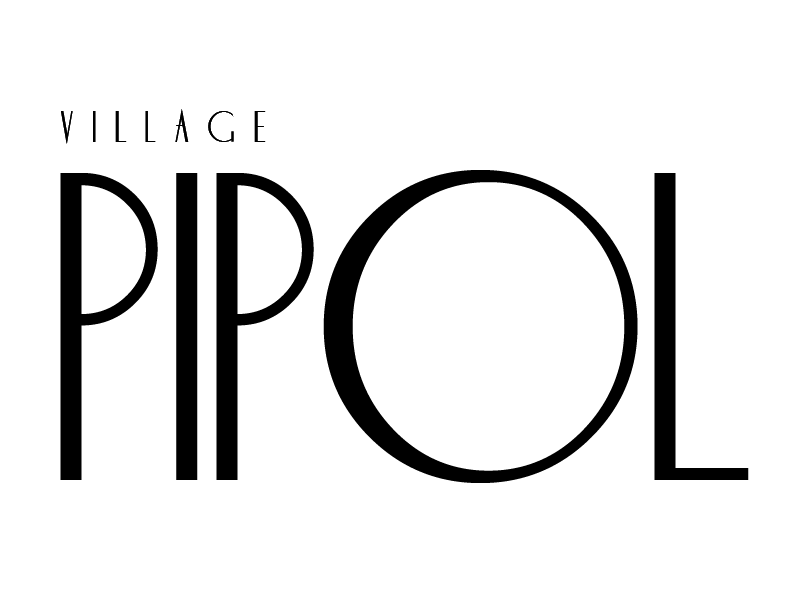Half the Sky: The Non-Americanized Half of Sexism in the Third World

Half the Sky is a documentary that features and depicts the different forms of social injustices women are subjected to. Still, somehow they rise above their violent experiences and trauma in order to become an active voice for change. The film takes place in almost ten countries. These ten countries are where various forms of gender violence are most common.

In collaboration with actress activists of Hollywood, the documentary featured cases of gender oppression in the poorest countries in the world. It also follows the lives of women and young girls who face socially perpetuated, patriarchally propagated forms of gender abuse.
Half the Sky or Half the Truth?
Half the Sky began with George Clooney stating, “The interesting thing about tragedy is who has to be able to relate to it.” To be honest, this quote in the first few minutes of the film almost made me stop watching.
A privileged white man is preaching the meaning of “tragedy”. It only shows how detached the “Hollywood representatives” are. They do not know anything about the reality of social injustices like poverty, prostitution, and gender violence.
The American actresses without their make-up and “L.A glamor” were in the background of some of the most horrific aspects of the films. They were there to gasp and cry in the horror at the abuse of the women and children on camera. As if the victims must thank the actresses for their attention and empathy.
Furthermore, the American actresses were turned into cinematic characters. There to venerate the heroism and bravery of the featured women and young girls. Designed to play the role of feminist “mascots.” Not asking for their own critical input on the social trauma they are witnessing.
Why we shouldn’t like this “Documentary”?
I guess this myopic and pedagogic aspect of Half the Sky in its own right is a social conflict as well. The form of social conflict so subtle that you cannot see it on camera. The social conflict cannot be deconstructed through statements, only through questions.
Questions that ask us what powerful countries like the U.S are doing for these women. Or the role that the perpetuation of cinematic sexualization cultivated by Hollywood plays in the propagation of gender injustice.
Precious' only desire for the future is to be more human. The world we live in has shackled us in the limitations of practicality that we are taught that to be human is to be weak. She wants to change that narrative and attempt to prove that the best way to progress and equality is by amplifying our humanity. Believe it or not- she absurdly believes that this could be done through writing. On a more formal and boring note she has a journalism degree with plans to pursue legal studies in the future.






